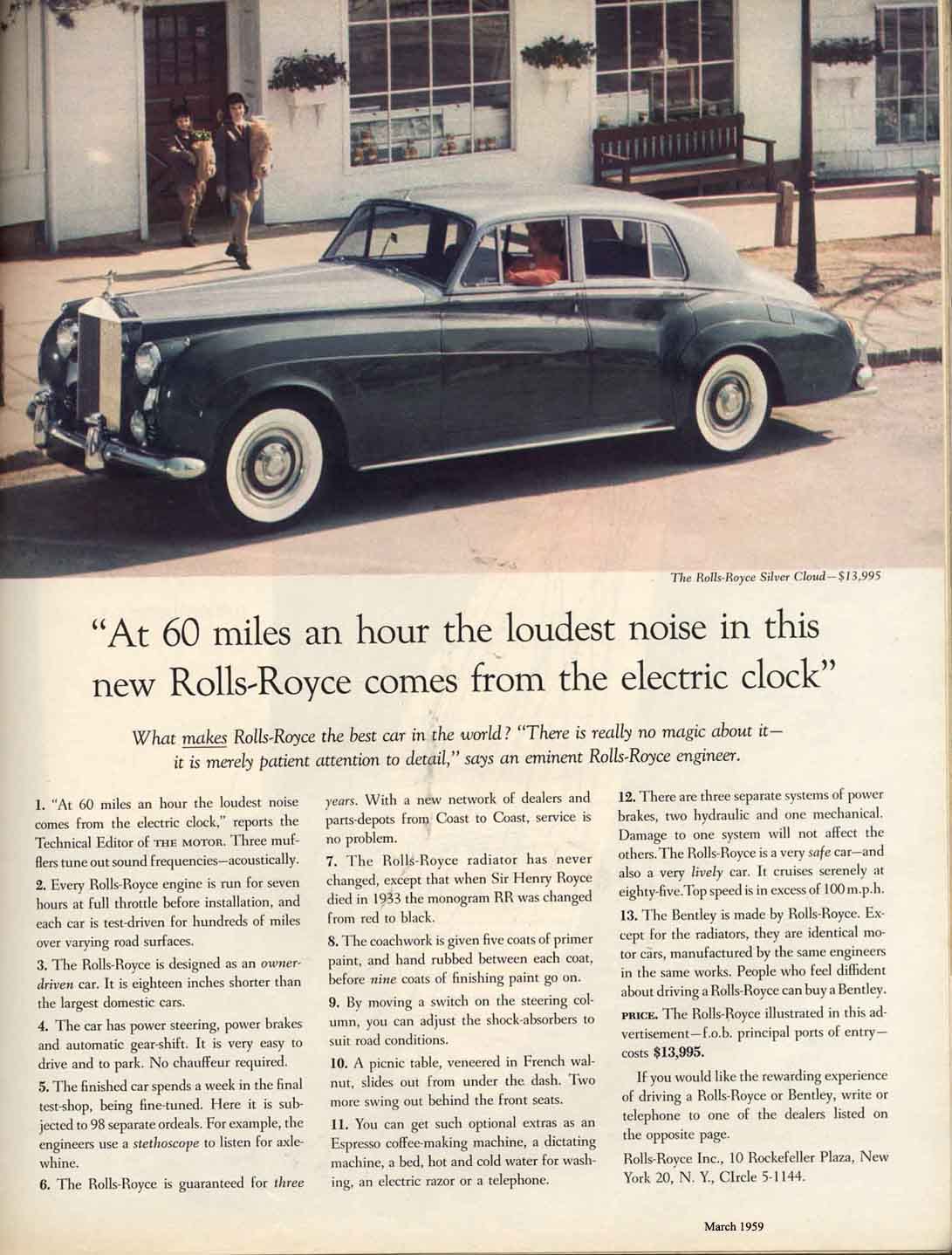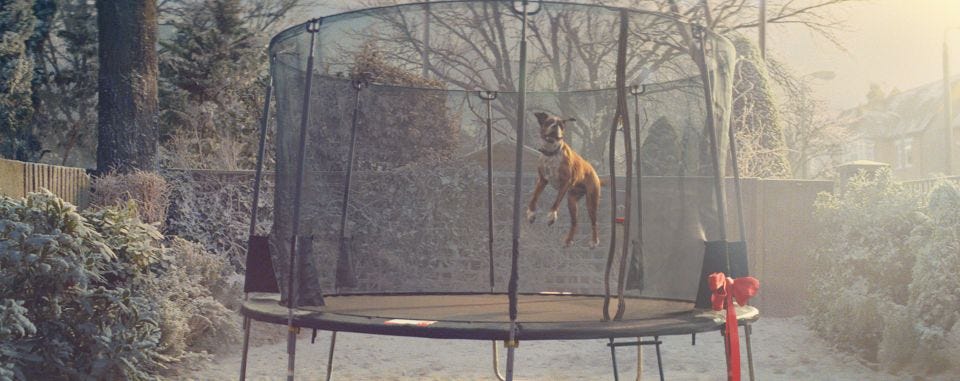Archive: David Ogilvy's definition of 'pure' advertising is digital PR
David Ogilvy – the father of advertising and a master of the creative dark arts was never short of a quote or two:
"The consumer isn't a moron. She is your wife."
The success of his life's work was defined by his ability to get the customer to buy the product without them really realising why. They only knew of the benefits, or how they could adapt to fit it into their daily lives, not necessarily the means with which they were persuaded to buy. Even today, only if you're truly aware or, let's face it, work in marketing, do you figure out how and why a brand's marketing works.
[caption id="attachment_1808" align="aligncenter" width="1091"]
A classic Ogilvy advert.
Ogilvy's simplest, yet most insightful definition of advertising, is one that requires the content to avoid distracting from the message:
"A good advertisement is one which sells the product without drawing attention to itself."
It's quite a simple statement, which brings to my mind so many older, hugely famous advertising spots. Whether it's Apple's 1984 (see below), or Coca-Cola's Hilltop. The latter famously brought back to the public's consciousness thanks to the final season of Mad Men. These two, and many more, stand out, not necessarily because of the brands (although they help), but because of the quality of the initial creative idea.
Today, modern advertising often draws more attention to itself more than the brand. John Lewis are now applauded when they release their most recent, mawkish Christmas advert, with the whole circus now a yearly spectacle of expectation, evaluation and frequent annihilation.
But how much interest resides with the post-launch PR and the goodwill from previous campaigns?
The initial campaign piques our interest, but it's the subsequent digital column inches and backlinks that spark our imagination– the switch that flicks our brains to 'buy, buy, buy!' mode after steady and subtle persuasion. PR, and now digital PR, redefine marketing – they're purer. They ask others to spread a carefully crafted message, wrapped in a story, that generates coverage and, just as importantly, a link in the article back to the brand's website. Thus ensuring a two-pronged attack; if they didn't read the article, consumers are still able to find the brand, via Google, as a result of the increase in search position.
Buster the Boxer, or as The Guardian wrote, the Donald Trump to the trampoline's USA.[/caption]
Despite the content of John Lewis Christmas advert now so readily slated, it still generates huge amounts of publicity and discussion on social media, with the pre-Christmas sales period up 36% compared to 2016.
Brands that take risks with their digital PR strategy, usually by handing it over to a quality agency, see far more effective rewards than those that don't. There, safe in the hands of the experts, and free from the 'party politics' of a brand's boardroom, real creativity can flourish.
Mr Ogilvy would probably be happy.
Look out for Part Two in my analysis of another topic of David Ogilvy's famous quotes – the cult of the celebrity in marketing.




